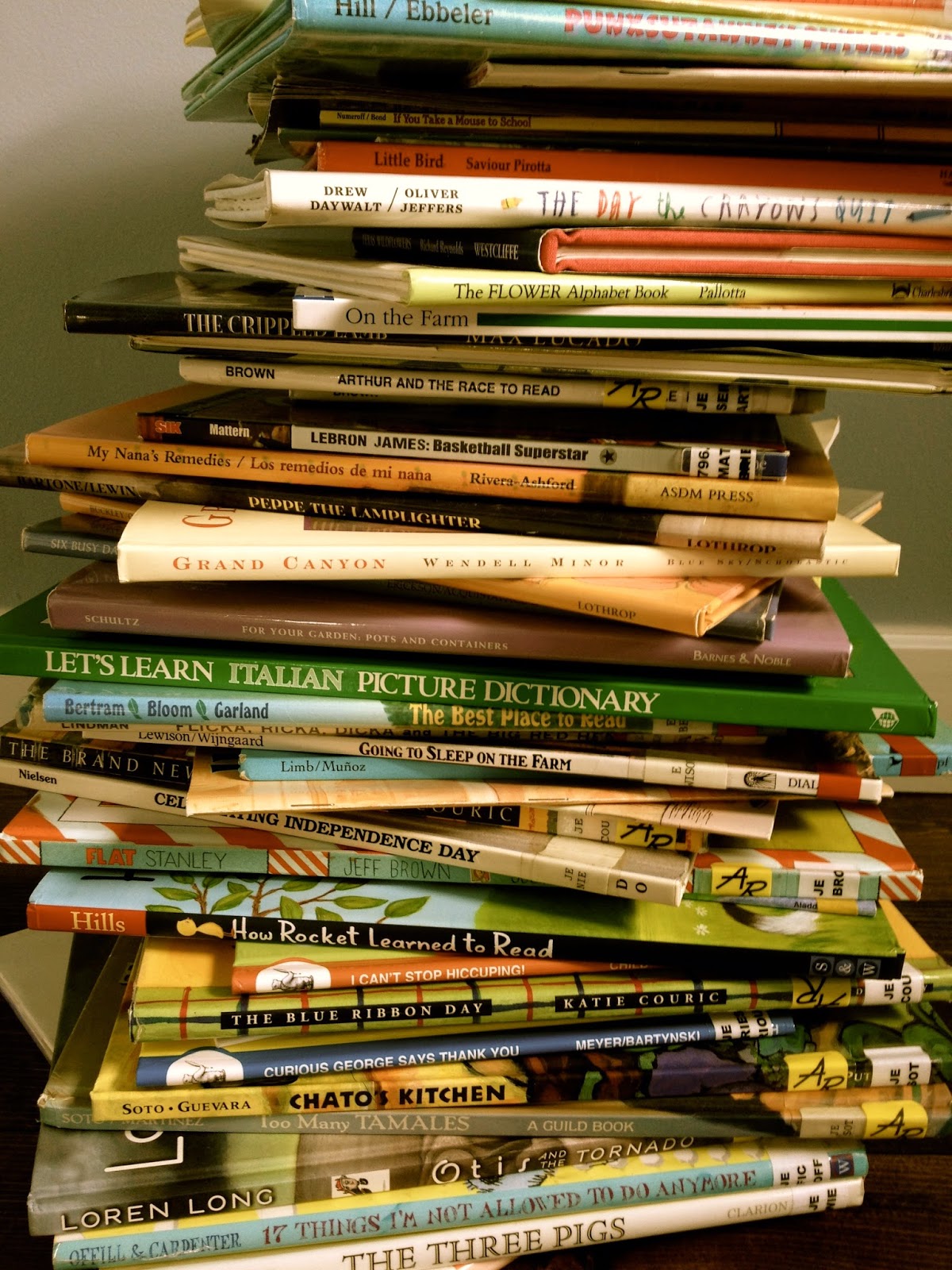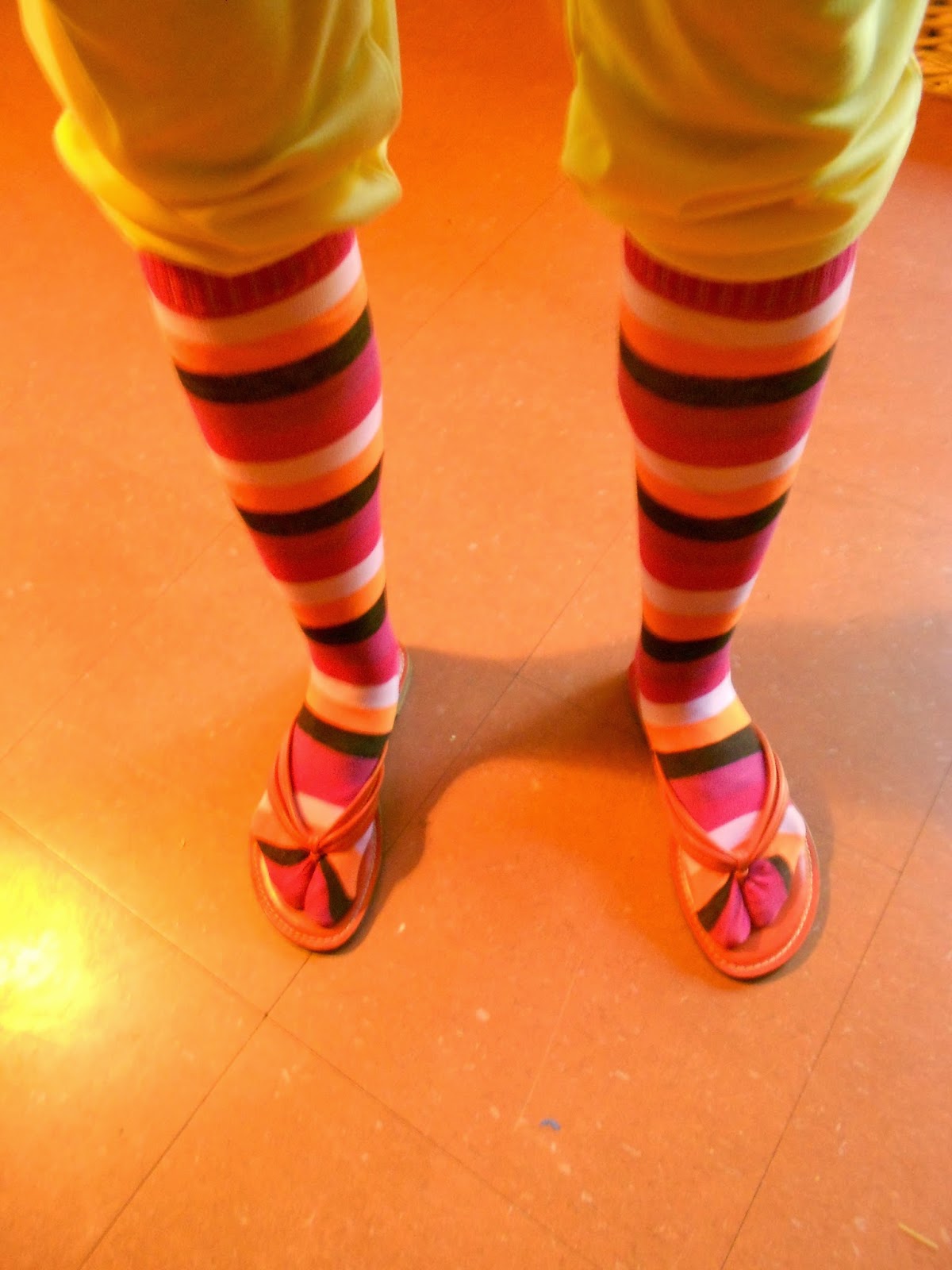“Research shows the most damage to reading skills occurs outside school, during the summer months,” states Jim Trelease, author of The New York Times bestseller, The Read-Aloud Handbook. Even though the school doors are closed, it is important that learning and reading continue during the summer season. Children who continue to read over the summer actually gain academic skills.
 |
| Reading books should not be on a summer slide. |
Sustained summer learning that includes reading and new experiences provides many benefits for students when school is not in session. Summertime reading provides positive effects on a child’s self-esteem, increased self-confidence and closes the achievement gap. Learning opportunities, during the summer months, equal academic success, for the student once school resumes. Reading during June, July and August, can make a difference in the likelihood of whether a student is on the path of preparing for college or a decision to drop out of high school. Kids who read outside of school read the best.
 |
| How tall is your stack of books for summer reading? |
1. As a parent, make sure you are seen reading by your children. Model the importance of reading every day. Reading to your child and reading by your child is great. Reading at the same time is even better.
2. Provide a print-rich home that includes books, newspapers, magazines, and even comic books. Label items in your home, for an emergent reader to read. Beginning readers will delight in reading the word “door,” written on an index card that is taped onto the back door. If your family is planning a summer vacation, take books along with you. Keep books in the car. Pack books in a backpack or a satchel for easy reading while traveling. Perhaps the plan is for a day trip to the zoo, a museum, or to get out for a favorite summertime ice cream treat. If so, a book should be tucked in a pocket or a purse, as you get out and about.
3. Visit your local library. Your child should have his own library card to check out a variety of books to read. Select books together based on topics of interest, or within a particular genre or written by a favorite author that are developmentally appropriate for your child. Select a stack of picture books for toddlers and preschoolers that an adult or older sibling can read aloud to the emergent reader. Younger children also enjoy reading by themselves, while looking at the pictures. Allow independent readers to choose their own books. Encourage your child to select books from both fiction and non-fiction genres. A simple rule of thumb for helping your child select books at his reading level is to have them choose a page, in the middle of the book, and read it. If they do not know five or more of the words, then the book is too hard for independent, pleasure reading. Consider keeping a reading log and recording the books that your child read. Reading should be fun and memorable.
4. Participate in literacy activities at your public library. Most libraries have summer reading programs and special events that are fun and engaging. Enjoy story time, guest authors, movies, make and take crafts and many hands on activities. Many libraries offer prizes for meeting a reading goal.
Summer literacy experiences will increase a student’s vocabulary, build background knowledge, and ensure summer learning gain. To help kids sustain reading skills, they must practice reading and read for enjoyment.
Yes, students are on summer break. However, reading and learning are not. Provide opportunities for your kids to read and have fun in the summer sun. Reading during the summer makes a difference. Summertime learning and reading will equal student success and create a lifetime reader.
As writers of children's literature, it is so important for us to promote the value of reading throughout the four seasons of spring, summer, autumn and winter. Reading, writing, learning and growing is not just for the classroom. Reading together with your child or grandchild is a win-win for the child and for the reader. Smart summer fun that includes books, keeps kids learning and growing all summer long. What picture books and/or chapter books are you and the kids reading this summer?
 |
| Read more books! |






